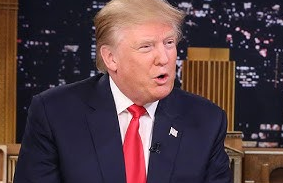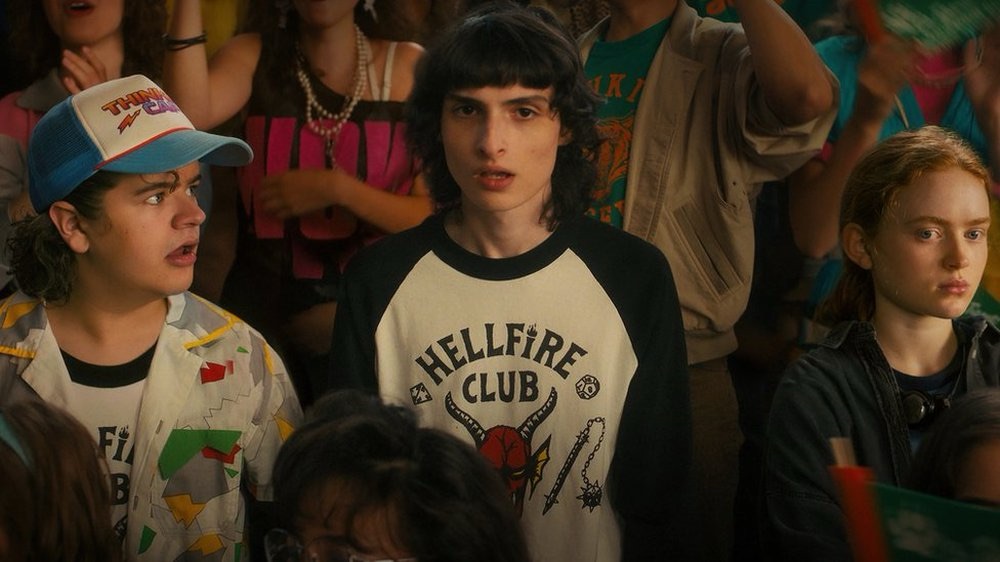The recent political resurgence of President-elect Donald Trump has caused significant turmoil within the Democratic Party and left many in Hollywood grappling with ramifications. Late-night television, once a powerhouse in shaping cultural dialogues, now finds itself grappling with a struggle for relevance as Trump's return dominates discussions. Shows like those hosted by Stephen Colbert, Jimmy Kimmel, and Jimmy Fallon are witnessing a marked decline in ratings, leading to a diminished cultural impact.
A study by the Media Research Center during the 2024 election season indicates that late-night comedians directed an overwhelming majority of their material toward mocking Trump. Between September 3 and October 25, approximately 1,463 jokes were made about Trump and Kamala Harris, with a striking 98 percent of the jests aimed squarely at Trump. Conversely, vice presidential candidate JD Vance was the target for 78 percent of the humor directed at running mates.
This relentless mockery does not appear to resonate with audiences, as evidenced by the significant drop in viewership. Critics attribute this trend to what some term “Trump Derangement Syndrome,” suggesting that the focused anti-Trump content has alienated everyday Americans. As viewers decrease, these late-night shows face increasing difficulties in maintaining their once-dominant status in the television landscape.
Adding to the narrative is the Democratic Party's post-election disarray. Without a strong leader or contender to rally around, the party’s challenges parallel those of Hollywood figures. Despite dramatic threats from celebrities like Alec Baldwin and Cher to leave the country if Trump won, such promises have not materialized, highlighting the ironic twist amid the unfolding political drama.
The woes of late-night television signify a larger cultural transition. As Trump re-emerges in the political spotlight, the realms of media and entertainment appear to be evolving. For these late-night shows to recapture their audience's interest, they may need to reconsider their approaches and pivot away from divisive themes amid a fragmented media landscape.



















